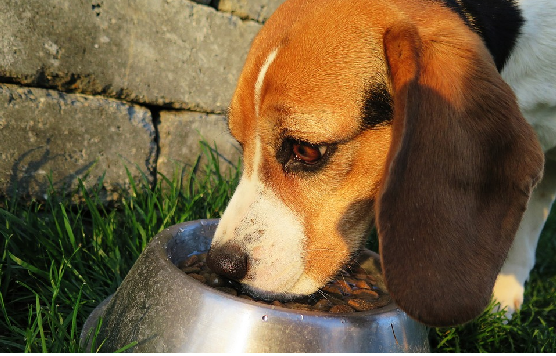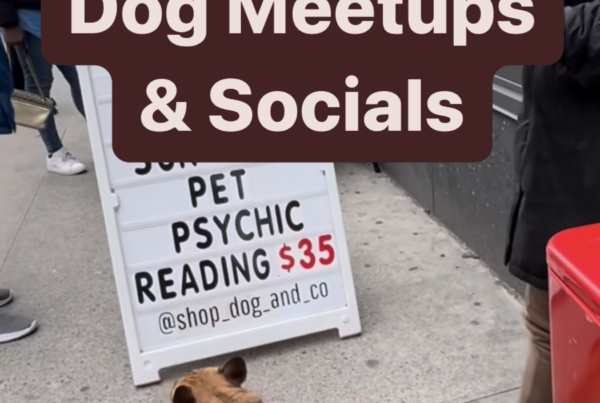We get it, all dog food looks just about the same. Making good choices for your dog food is essential for their health and happiness, but pet food companies don’t always make it easy to tell which options are the healthiest.
We’ll make it simple for you: Stay away from the ingredients listed below. Think of them like the high-fructose corn syrup or MSG of dog food. If they’re a big part of your dog’s diet, they could be causing major health problems down the road.
1. Soy
This ingredient can be found in all kinds of foods. But while soy is extremely common, that doesn’t mean it is a good choice for your pet. In most cases, pet food companies add soy to the mix because it’s a cheap form of protein. However, many animals have difficulty digesting soy, and studies have shown that regularly consuming it can lead to potentially fatal gas and bloating for dogs. Additional studies have found that soy can lead to seizures, increased blood pressure, thyroid issues, and silica stones.
2. Any Rendered Products
Anything labeled rendered meat, rendered fat, animal fat or meat, or poultry fat or meat should always be a no-go for your pet. These may be listed on the label as ‘by-product meal”, “meat and bone meal”, or similar terminology. Any time a food does not list the specific type of meat, such as salmon, beef, chicken, turkey, etc, that means that the meat in the food is likely a rendered mish-mash of different animals and animal parts.
Forget fresh, the animals these ingredients are sourced from are often not even healthy. Rendered products may be taken from “fallen” animals, which can even include roadkill or euthanized animals. The parts they take aren’t so great either, and can include the bones, blood, cartilage, or beaks.
Aside from being unappetizing, rendered meats, fats, and meals often contain harmful toxins, chemicals, and microplastics. These compounds can have all sorts of health drawbacks, from anxiety to allergies. To play it safe, look for ingredients that are descriptive as possible about what they are, and name the animal or plant from which they are sourced.
3. Corn
We like our freshly grilled and buttered corn on the cob, but unfortunately, it doesn’t sit as well with dogs as well as it does with humans. Most pets have an extremely difficult time digesting corn, which means that they do not gain a lot of nutritional value from it.
It’s important to check the labels on all pet food, as many products will use corn to show an increased amount of protein. While corn does have protein, the protein is only minimally digested, and is not enough to compensate for a lack of meat-based protein. It’s also crucial to never provide your animal with corn on the cob, as there is a very high chance that they will accidentally ingest all or part of the cob. If that occurs, it can be toxic to your pet, and you should call the vet immediately.
Always Check Your Labels
Regardless of what you do or do not want your pet to eat, it is absolutely crucial to keep tabs on the ingredients listed on their food products. All ingredients are listed in order by weight from most to least. Look for a wholesome meat like chicken or beef listed at the top. Keep in mind that these ingredients are also weighed prior to dehydration, so water loss may change the overall ratio of meat to other ingredients.
When we say check the label, we mean look at the actual ingredients, not just the front of the packaging. Dog food could claim “made with real chicken” on the front, and they’d be technically correct even all it had were beaks and bones.
We get it, good dog food is expensive. Rendered byproducts, soy, and corn are cheap, so the dog food that has them tends to be cheap. Don’t sacrifice your pet’s health for the price of food; it will only lead to vet bills down the line. Check the labels and do your part to help keep your friend happy and healthy for life, whether it’s paying a little more or cooking for your dog.
Author Bio: Aaron Smith is a writer and copy strategist for several nonprofits and companies, including NHV Natural Pet. He enjoys covering topics important to pet owners, and is a dedicated dog dad to his three pups: Buddy, Roxy, and Kaya.




